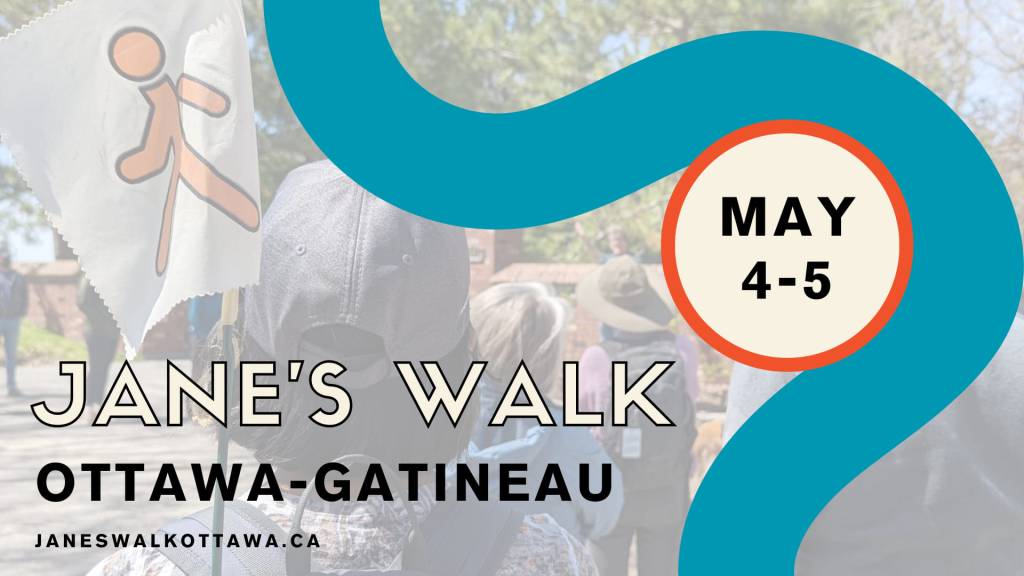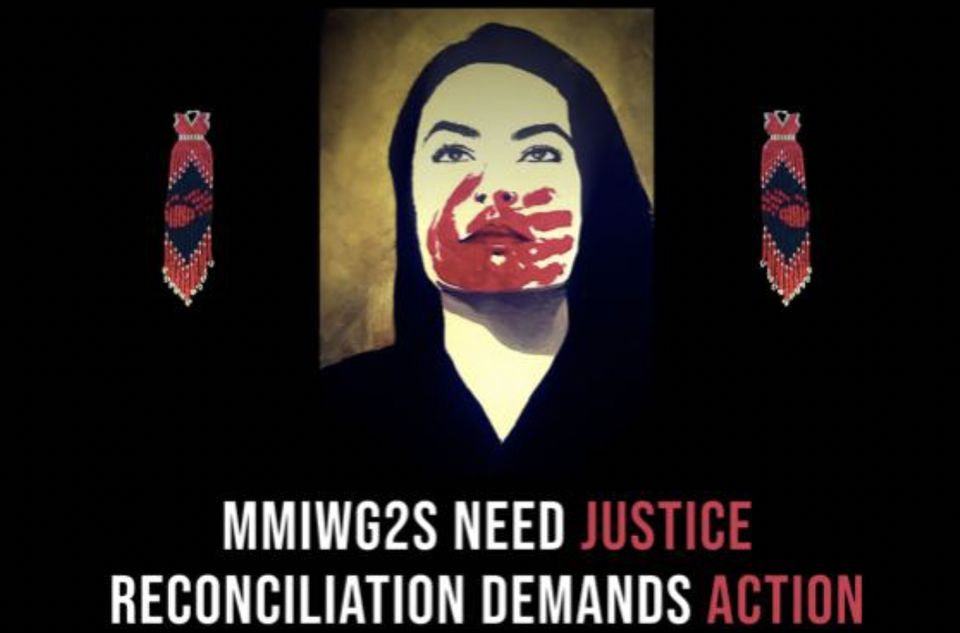
There are quite a few opportunities this weekend to think about our city, and what it could be, in different ways. (Apologies for the last-minute post—life happens!) Here are some highlights:
Jane’s Walk Ottawa-Gatineau
Jane’s Walk Ottawa-Gatineau is happening Saturday, May 4 and Sunday, May 5, 2024. Jane’s Walk is an annual series of community-led walks through the places and neighbourhoods of the city, in honour of Jane Jacobs, whose ideas influenced how we understand cities and city-building. This year’s walks explore and celebrate local art, architecture, histories, communities, pathways, greenspaces, habitats and biodiversity. For example, you can learn about the unique ecosystem of the Pinhey Sand Dunes; tour green homes, community gardens, or rewilding efforts; see downtown Ottawa from an Indigenous perspective; and much more. Because this year’s theme is “Towards water,” many of the walks explore the significance of waterways as meeting places, habitats and city shapers. That means you can contemplate an Indigenous canoe portage site connecting the Ottawa and Rideau Rivers; the history of the Ottawa River; or the microbes of Mud Lake. There are virtual and self-guided walks, too. Walks are conducted in English and/or French; some require pre-registration. Check the Jane’s Walk Ottawa-Gatineau website for details.

Red Dress Day
I’ve posted before about the connections between environmental action and the need to address the ongoing harms of living on unceded Indigenous territory in ways that perpetuate ongoing violence against Indigenous peoples, including Indigenous women, girls and 2SLGBTQQIA people. On Sunday, May 5, 2024, Families of Sisters in Spirit (FSIS), in collaboration with Assembly of Seven Generations, the Ottawa Coalition to End Violence Against Women, and Les Femmes Michif Otipemisiwak, is hosting an event to commemorate Red Dress Day in support of local families affected by the crisis of missing and murdered Indigenous women and girls, and Two-Spirit people. They’re welcoming donations of food and other items, as well as financial support. See the event page for details.
Ottawa International Writers Festival
The Ottawa International Writers Festival is bringing several eco-focused authors to the stage on Saturday, May 4, 2024. These include Lydia Millet and Michael E. Mann, who, in different ways, use the power of story to help think through the climate change and environmental crisis. Check the Festival website for details.
+Local Action for Palestine: INSAF and the University of Ottawa Palestinian Students’ Association are asking people to support their efforts, including the “Occupy Tabaret” campaign calling for the University to divest from genocide in Gaza. See their website for more information, and Decolonize Palestine for additional background and why this is relevant to environmental justice globally and locally.




